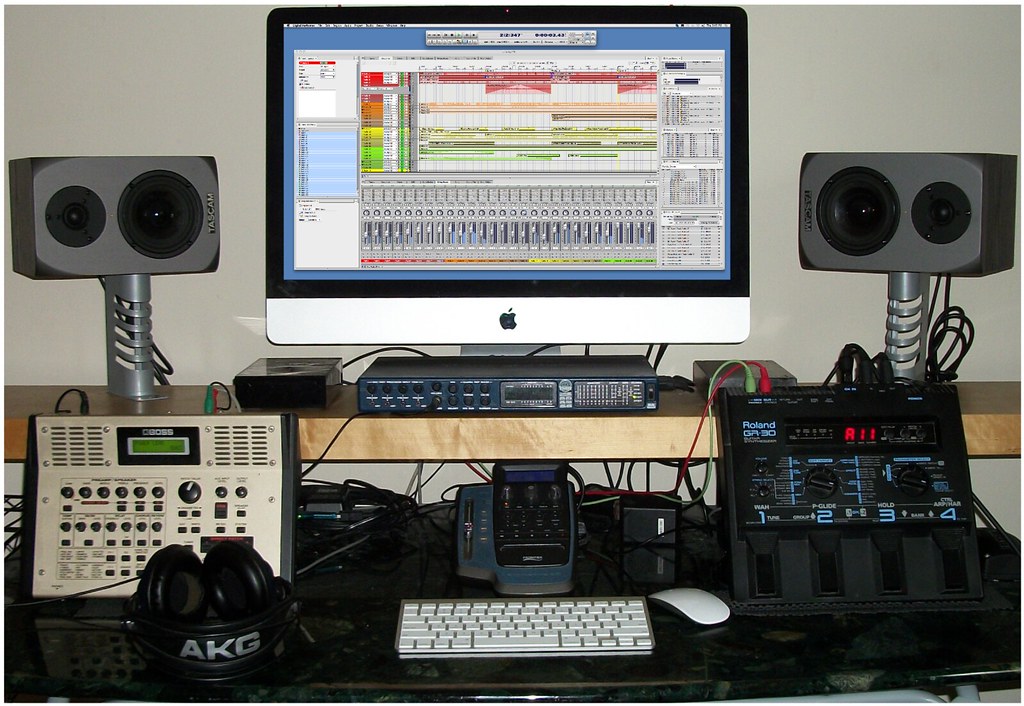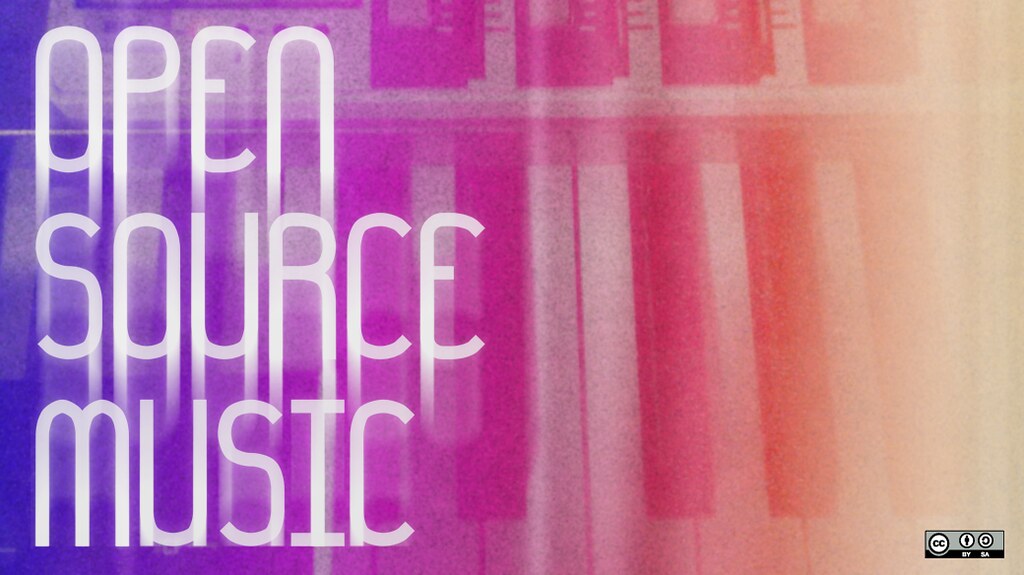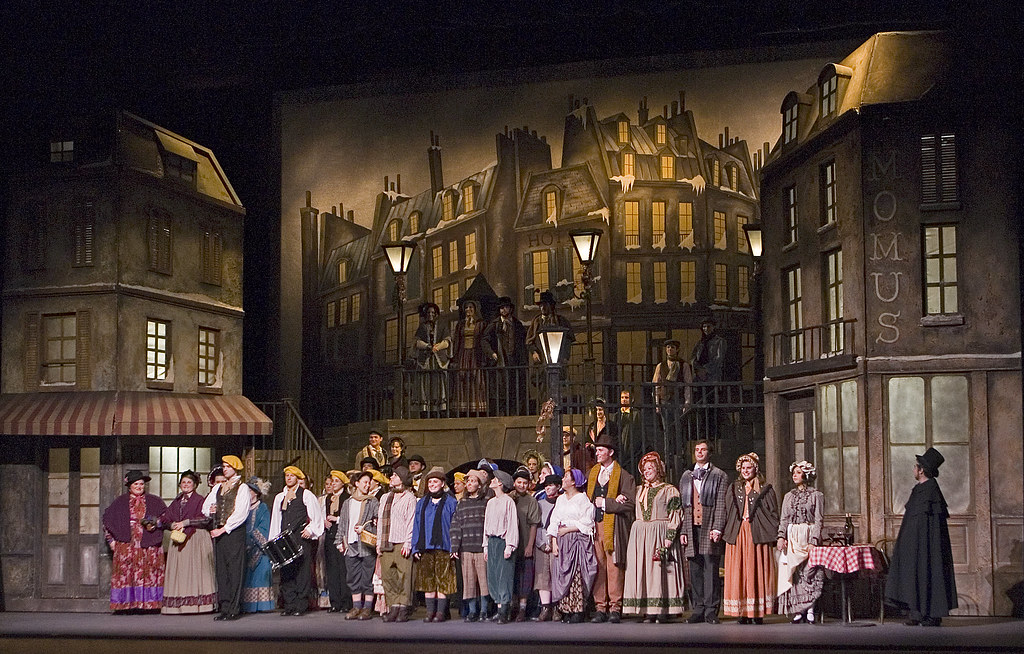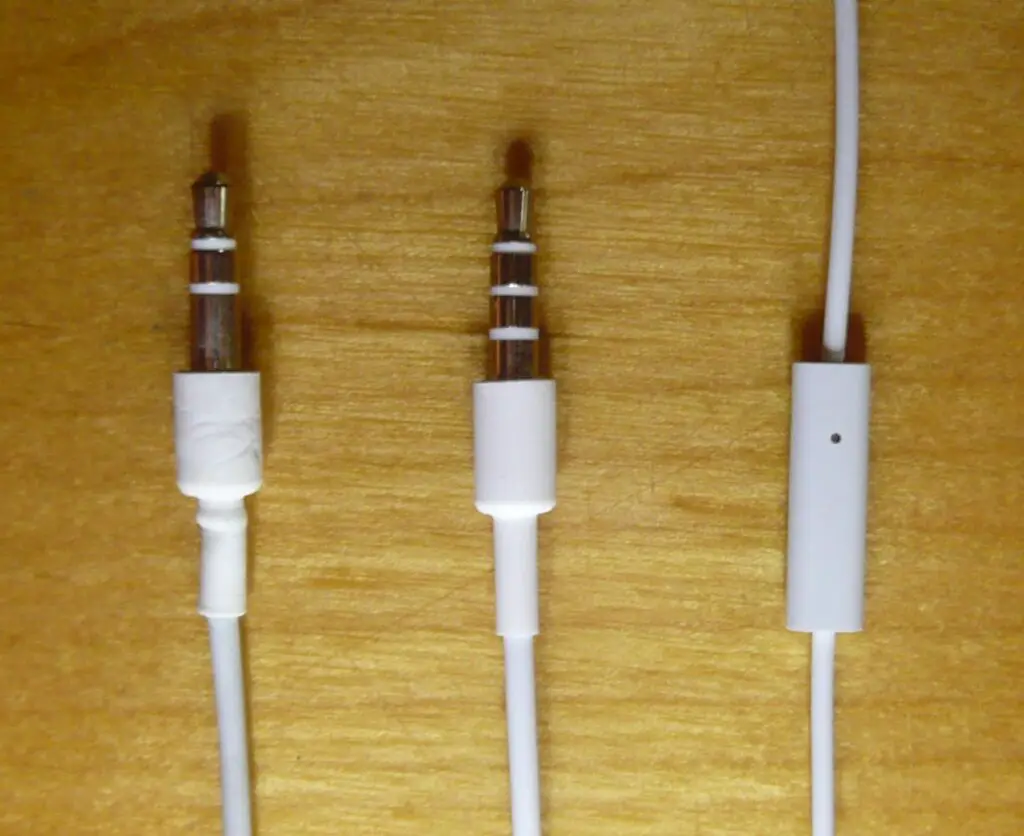Are you a music enthusiast looking to embark on a creative journey but unsure where to start? Do you find yourself caught in the crossroads of music production and audio production, trying to decide which path to take? Look no further, as we delve into the ultimate showdown between these two fields. In this blog post, we’ll explore the unique aspects of each discipline, their similarities and differences, and reveal which one reigns supreme. So sit back, grab your headphones, and let’s dive into the world of music production vs audio production!
Table of Contents
What is Music Production and Audio Production?
Music production and audio production are two terms that are often used interchangeably, but they actually refer to different aspects of the music industry. Music production is focused on creating new music compositions from scratch, including writing lyrics, composing melodies, recording instruments and singing vocals. Audio production refers to all aspects of recording and editing sound for various purposes such as film, television shows or commercials. It involves capturing high-quality recordings using microphones or other audio equipment as well as editing and mixing those sounds to create a polished final product. While both fields require technical knowledge and experience with audio equipment, they have distinct workflows and career paths. Understanding these differences is crucial for anyone interested in pursuing a career in either field of music or audio production.

The Key Differences Between Music Production and Audio Production
Music production and audio production may sound similar, but there are key differences that set them apart. Music production focuses on creating music from scratch or refining existing musical compositions, while audio production deals with enhancing the quality of recorded sounds for various applications such as movies, television shows, and podcasts.
Another major difference lies in the skill sets required for each field. While both require technical knowledge of recording equipment and software programs like Pro Tools or Logic Pro, music producers often need to possess a strong understanding of music theory and composition to create successful songs or albums.
In contrast, audio engineers, who typically work in audio production, require an acute sense of hearing to discern minute details in sound quality such as clarity and balance. Audio engineers also have unique expertise in working with live sound setups like concerts or theater performances.
Ultimately, whether you choose to pursue a career in music or audio production depends on where your passions lie: creating original music compositions versus perfecting pre-existing recordings for films/TV/podcasts/etc.

Understanding the Tools of the Trade: A Comparison of Equipment Used in Both Fields
Understanding the Tools of the Trade: A Comparison of Equipment Used in Both Fields
Music production and audio production require different sets of tools. In music production, software like Ableton Live, Logic Pro X, or Pro Tools is essential. These programs allow producers to create and edit MIDI tracks and audio recordings using virtual instruments and plugins.
On the other hand, audio production focuses more on recording live sound with microphones, mixers and preamps being crucial equipment. Recording studios also use digital audio workstations for editing post-production recordings.
However, there are some pieces of gear that overlap between both fields such as studio monitors which are used to hear how your music will sound in various situations.
In conclusion, while each field may have its unique set of tools they share a lot in common when it comes to creating high-quality sounds that audiences seek out for their listening pleasure.

The Two Sides of a Coin: Pros and Cons of Pursuing a Career in Music or Audio Production
Music Production: Pros and Cons of Pursuing a Career in Sound Creation
Pros:
- Possibility to create something new and unique
- Creative freedom to experiment with different sounds and styles
Cons:
- Difficulty finding regular work, as projects may come sporadically
- Competitive industry can lead to financial instability
Audio Production: Pros and Cons of Pursuing a Career in Sound Engineering
Pros of pursuing a career in audio production include the opportunity to work on a wide range of projects such as music, TV shows, and films. The field is constantly evolving with advancements in technology which can lead to exciting opportunities for growth and innovation. Additionally, audio engineers often work closely with musicians and other creative professionals which can be an enriching experience.
On the other hand, cons of pursuing a career in audio production include long hours working on tight deadlines. This profession also requires technical knowledge and skills that may take years to develop. Competition within this industry is high, so job security may be uncertain at times.
Music vs Audio Production: Which Career Path is Right for You?
When it comes to choosing between music production and audio production, it’s important to consider your strengths and interests. Music production focuses on creating and producing music, while audio production covers a wider range of fields like film, television, and radio. Both career paths have their own unique advantages and drawbacks.
If you are passionate about music creation and enjoy the creative process behind making songs or albums, a career in music production may be your calling. On the other hand, if you enjoy working with sound effects or recording dialogues for movies or TV shows, then audio production might be more suitable.
Ultimately, the decision comes down to what type of work you’re most comfortable with as both careers require different skill sets.
The Yin and Yang of Sound: Balancing Creativity and Technical Skills in Music and Audio Production
In music production, creativity is key. You get to work with artists, create unique sounds, and shape the final product into something beautiful. However, it’s important to balance that creativity with technical skills. Understanding sound engineering principles and digital audio workstations (DAWs) is crucial to making a successful track.
On the other hand, in audio production, attention to detail is essential. You may be working on podcasts or audiobooks where clarity of speech takes priority over musicality. This requires an understanding of acoustics and editing software such as ProTools.
Both fields require a combination of creative and technical skills but have different focuses. It ultimately comes down to your personal preference and strengths when deciding which path to pursue as a career.

Which Should You Choose? Factors to Consider When Deciding on Your Focus
When deciding between music production and audio production, there are several factors to consider. One important factor is your personal interests and strengths. If you have a strong passion for music and enjoy the creative process of composing and arranging songs, then music production may be the better fit for you. On the other hand, if you have a technical mind and enjoy working with equipment to achieve optimal sound quality, then audio production may be more suitable.
Another factor to consider is job opportunities. While both fields offer career paths in various industries such as film, television, and advertising, the demand for audio production professionals is growing faster than that of music producers. This may be due to the rise of podcasts, audiobooks, and voiceover work.
Ultimately, it’s important to weigh your interests and job prospects when deciding on your focus. Keep in mind that both fields require dedication, hard work, and continuous learning to succeed.

Behind the Scenes Look at Successful Careers in Both Fields
Successful careers in both music production and audio production require a combination of technical skills, creativity, and business acumen. Networking is crucial to success in the industry, as relationships with artists, record labels, and studios can lead to opportunities for new projects or collaborations. In addition to having strong interpersonal skills, producers must stay up-to-date on the latest technology and software used in their field. Continual learning is essential for staying ahead of the curve and creating innovative sounds that resonate with listeners.
Another key factor is specialization. Some producers focus solely on mastering technical aspects such as mixing and sound design while others specialize in specific genres like hip hop or EDM. It’s important to find your niche early on so you can develop expertise within that area.
Ultimately, whether pursuing a career in music production or audio production depends on individual interests and strengths. Both fields offer exciting opportunities for those passionate about producing quality soundscapes that move people emotionally through rhythmical expressionism.
Conclusion: Finding Your Path as a Producer – Final Thoughts on Music vs Audio Production
Finding Your Path as a Producer – Final Thoughts on Music vs Audio Production
Ultimately, the decision between pursuing music production or audio production comes down to personal interests and career goals. Both fields require dedication, skill, and creativity, but they offer different opportunities for success.
If you have a passion for music and enjoy being in the spotlight, music production may be the path for you. This field allows you to work closely with artists and play an active role in creating new sounds that will entertain audiences around the world.
On the other hand, if you prefer working behind-the-scenes and like tackling technical challenges head-on, audio production could be your calling. You’ll use cutting-edge equipment to ensure high-quality recordings that can take many forms: from video game soundtracks to film scores — even optimizing sound quality at events like concerts!
Regardless of which direction you choose there is one thing all successful producers have in common: they are continuously learning new techniques and keeping up with industry trends. So get ready to immerse yourself in your craft!
In conclusion, whether you choose to pursue a career in music production or audio production, both fields offer exciting opportunities and possibilities for creative expression. It’s important to understand the key differences between the two and carefully consider your interests and skills before deciding on a focus. Remember that success in either field requires hard work, dedication, and a continuous desire for growth and improvement.
If you found this article helpful, be sure to check out our other content on music production. We offer informative articles, tips and tricks on using various software programs such as Logic Pro X or Ableton Live 11, hardware reviews of equipment like microphones or studio monitors- all designed to help you become an expert producer. So why wait? Start exploring today!


